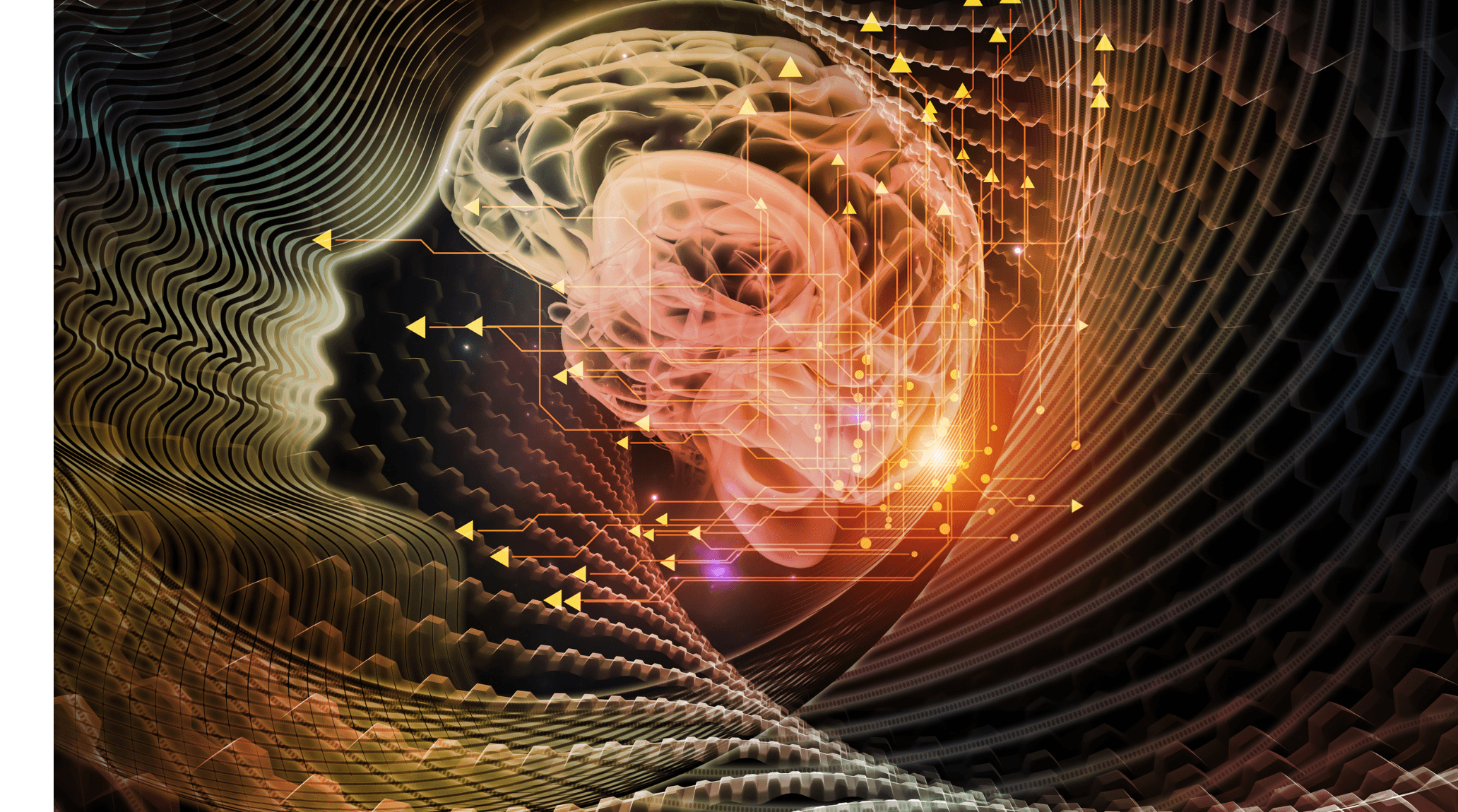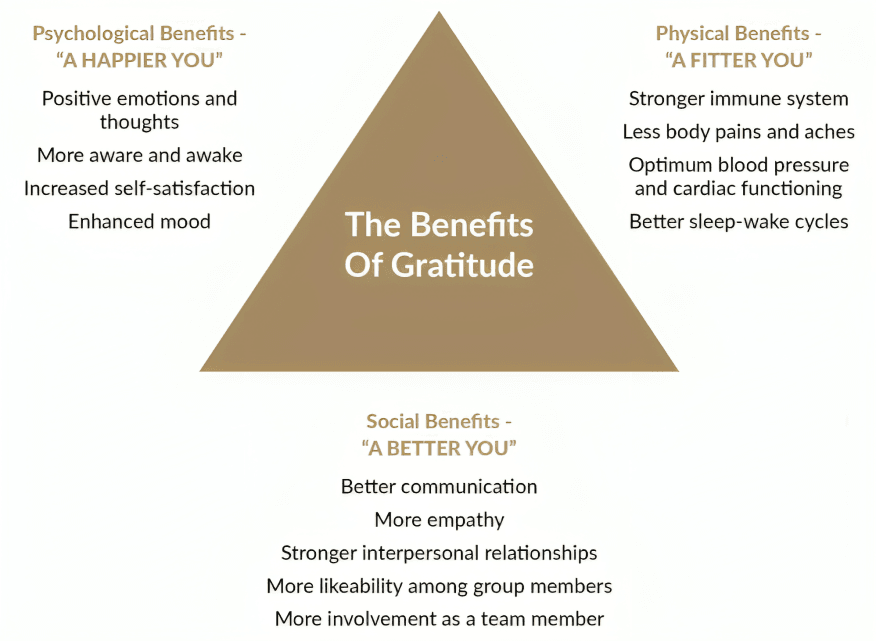
“
In today’s fast-paced world, understanding the mind-body connection has become essential for cultivating a balanced and resilient lifestyle. By understanding the mind-body connection, we uncover how our emotions, thoughts, and physical health form a unified system. Ancient wisdom and modern science both reinforce the idea that understanding the mind-body connection is not a luxury—it’s fundamental for well-being. 1
1
”
The mind and body are deeply intertwined—mental stress can trigger physical issues like headaches, muscle tension, or high blood pressure, proving emotional states significantly affect our physiological health. 1
When we’re anxious or stressed, the brain signals the adrenal glands to release cortisol. Prolonged exposure to this hormone can weaken immunity, impair memory, and lead to chronic health issues over time. 2

Physical exercise is not just for fitness; it elevates mood by releasing endorphins, enhances memory through increased blood flow to the brain, and even helps protect against cognitive decline in aging adults.
Deep, controlled breathing activates the vagus nerve, slowing heart rate and lowering stress hormones. This creates a relaxation response that counters the fight-or-flight effects caused by anxiety or emotional distress. 3
Yoga blends movement, breathwork, and mental focus, leading to better flexibility and stress reduction. It’s shown to improve mood, reduce depression symptoms, and boost mental resilience through its mind-body alignment. 4
Biofeedback therapy uses electronic monitoring to train individuals to control bodily processes like heart rate or muscle tension, helping them consciously influence how the body responds to mental or emotional stress. 5
Social bonds influence health deeply—strong, positive relationships reduce stress, improve immune function, and even lower the risk of chronic illness by encouraging emotional support and better coping mechanisms. 6
A full night’s sleep restores the body and mind. While we sleep, the brain processes emotions, forms memories, and removes waste, all essential functions for emotional balance and physical well-being. 7
What we eat significantly affects how we think and feel. Diets high in processed foods can increase depression risk, while omega-3s, B vitamins, and antioxidants help support mood and brain function. 8
Chronic stress creates inflammation in the body, which is associated with diseases like diabetes, heart disease, and even depression. The mind’s state can trigger immune responses that impact long-term health. 9

Gratitude practices, like journaling or reflection, improve emotional health and may lower blood pressure, enhance sleep, and increase heart rate variability—a sign of better autonomic balance and stress resilience.
Creating art provides more than enjoyment—it allows emotional expression, reduces anxiety, and activates reward centers in the brain, which promotes relaxation and a deeper sense of inner peace and healing. 10
Laughing isn’t just fun—it reduces physical pain, strengthens immune responses, and promotes cardiovascular health. Laughter also stimulates dopamine release, which enhances mood 11
Chronic pain is strongly influenced by the mind. Psychological therapies like cognitive-behavioral therapy can reframe how pain is experienced, reduce distress, and improve coping without solely relying on medication. 12
Spending time in natural environments, like parks or forests, can lower stress hormone levels, improve concentration, and restore emotional equilibrium, showing how external surroundings influence the inner mental state. 13

Tai chi is a slow, mindful martial art that blends gentle movements with breath focus. It improves balance and coordination while calming the nervous system and encouraging present-moment awareness.
Music therapy can ease pain, lower anxiety, and improve mood by engaging emotional circuits in the brain. Different rhythms and tones activate relaxation responses and support emotional expression and recovery. 14
Spiritual or religious practices often bring peace and meaning. These activities activate brain regions linked to empathy and reflection, helping individuals manage stress, find purpose, and maintain stronger overall health. 15
Eating mindfully—focusing on each bite and listening to hunger cues—encourages healthier choices and supports digestion, reflecting how awareness and intention influence physical behavior and internal balance. 16
Integrative medicine combines standard treatments with practices like meditation, massage, or yoga. This holistic approach treats the whole person—mind, body, and spirit—creating more sustainable emotional resilience. 17


